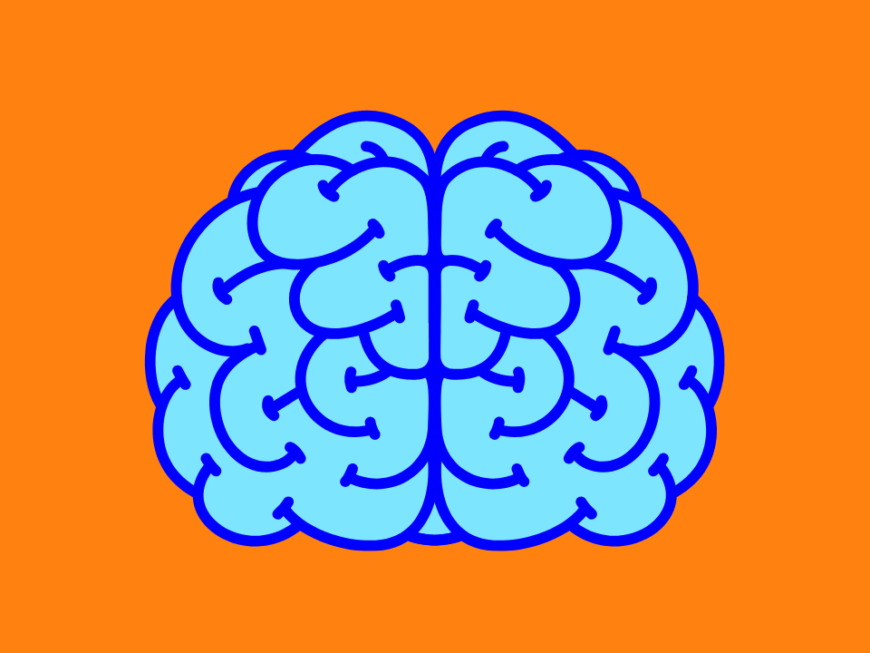In grad school, I did a seminar on a paper proposing a novel kind of gene therapy.
A doctor in the audience all but said that I was wasting my breath because the technology to deliver the treatment didn’t exist.
I got confused: the whole point was that the idea was novel. Still, I didn’t have an eloquent response and another doc piped up. After decades, at this point, I forget his exact remarks but seem to recall that he pretty much said what I would have now:
To confine our thinking to current conditions is to stifle progress.
Our creative power lies in our imagination.
If you doubt that, name anything in your life besides nature that didn’t start in the mind.
A confined imagination might improve what exists but has a slim chance of transforming it, or changing things dramatically for the better.
And dramatic changes are required when it comes to care:
Care demands are outpacing care capacity.
According to the U.S. Census Bureau, …
People 85 and over are the fastest-growing age group in America. And by 2035, older people (65+) will outnumber children for the first time in U.S. history.
2035 isn’t far off and widespread loneliness across ages is already upon us.
But don’t read that as cause to panic.
Read it as a call to use data—research data and “data” amassed from living life—to imagine realities that you’d prefer, unconfined by anything, whether nonexistent technologies you’ll need or existing incompatible rules.
For reasons that I mention here, I imagined creating mixed-age villages in standard for-profit apartment buildings. I was elated by my vision…but later learned that marketing to certain kinds of residents (village-minded ones) would violate fair housing laws.
I went into a sort of mourning.
Luckily, for one night and one night only.
For starters, my soul urged me to keep going. Then, my mind fixed on what I wish I’d said so many years before during my gene therapy seminar:
To confine our thinking to current conditions is to stifle progress.
Already, I knew that healthcare laws wouldn’t permit all that I was imagining. But instead of letting that stop me, I thought about what I could do to take my vision as far as limits would allow and determine how to lessen limits in the first place.
My personal belief is that “if we can imagine it, we can create it.” Eventually. The trick is not letting current conditions convince us otherwise.


Published by